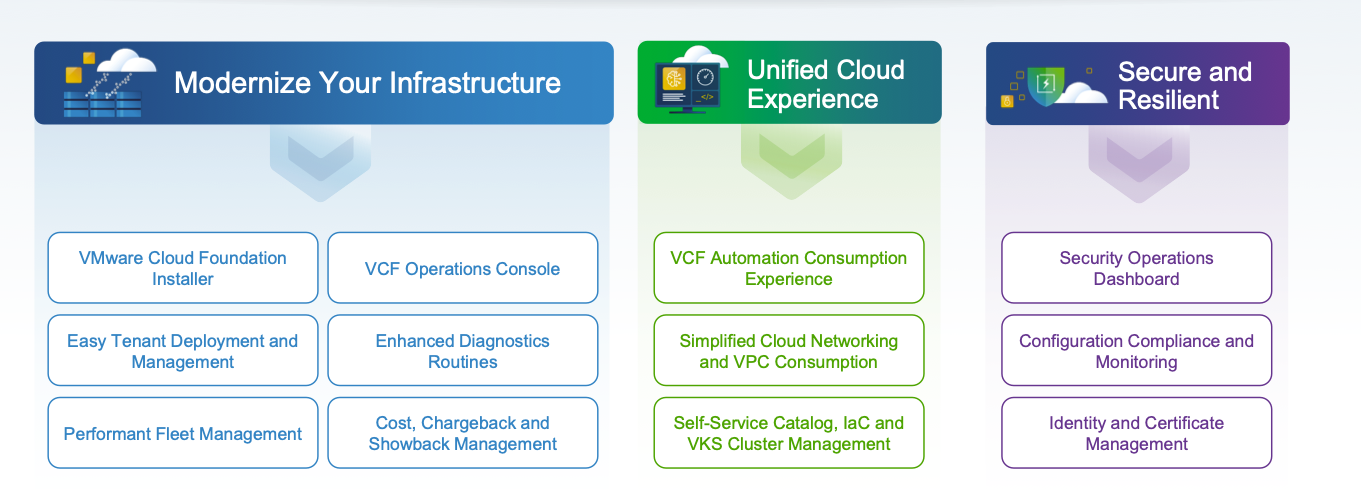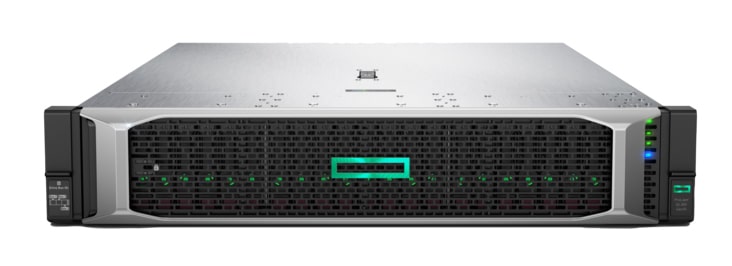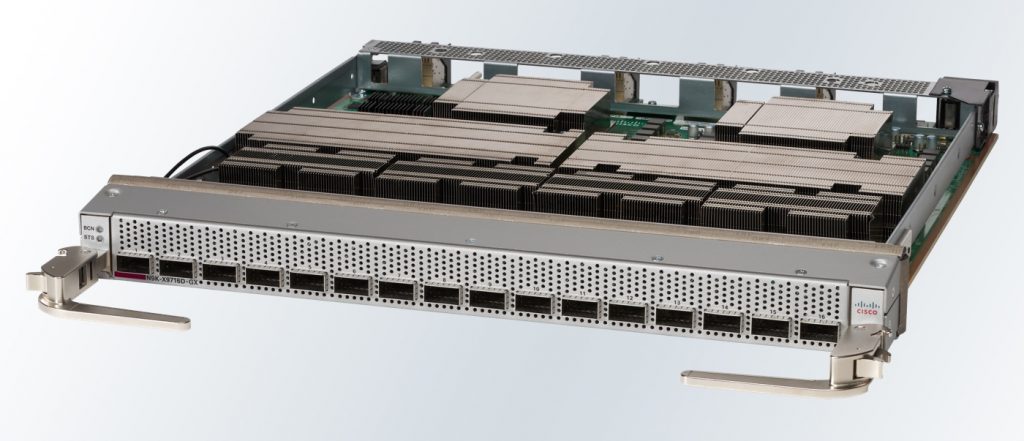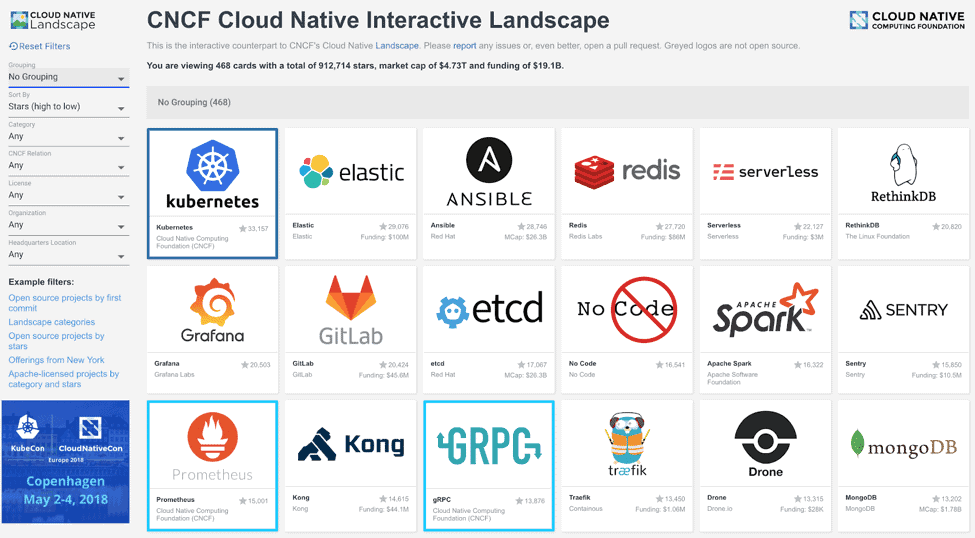At VMware Explore Frankfurt, Broadcom announced significant upgrades to VMware Cloud Foundation (VCF). These changes aim to give companies more options for hardware, networking, and open-source software. The updates focus on an open, flexible ecosystem that lets customers build, connect, protect, and grow modern private clouds across data centers, edge locations, and hosted environments. VCF 9.0 now balances cloud-operating-model efficiency with on-premises control while increasing multi-vendor compatibility, AI readiness, and advantages in total cost of ownership.
VCF 9.0: A Unified Operating Model for Private Cloud
VCF 9.0 presents a consistent operating model that includes traditional, modern, and AI workloads. It combines the speed and scale of public cloud with the performance, security, governance, and architectural control expected on-premises, all while keeping costs predictable. This release reduces friction between infrastructure and application teams by standardizing operations, lifecycle management, and policies across data centers, edge, and managed cloud infrastructure from service providers and hyperscalers.

Paul Turner, Chief Product Officer of VMware Cloud Foundation Division at Broadcom, emphasizes how VMware Cloud Foundation 9.0 transforms private cloud infrastructure. He highlights a unified operating model that spans from data centers to the edge. Turner also notes that fostering an open ecosystem enables businesses to build modern, strategic private clouds tailored to their needs.
Open Hardware Ecosystem: Flexibility, Choice, and AI Readiness
Broadcom is expanding its open hardware certification program to facilitate the adoption of next-generation computing, accelerate edge deployment, and enhance partner participation, thereby increasing sourcing flexibility.
VCF AI ReadyNodes
VCF AI ReadyNodes provide a streamlined certification process to quickly support new CPUs, GPUs, and accelerators as they become available. By certifying prequalified servers for both AI training and inference, customers can proceed with AI projects on VCF without the need for lengthy setup. This results in faster updates, easier purchasing, and reliable lifecycle management for AI-ready infrastructure.
VCF AI ReadyNodes extend VMware’s validated ReadyNode model into GPU-accelerated AI workloads. They provide preconfigured hardware and VMware software for predictable performance and straightforward management. These nodes optimize accelerator use, support flexible virtualization with GPU passthrough and profiles, and include networking for low latency and scalable throughput.

AI ReadyNodes reduce integration risks and time-to-value by offering pre-validated designs for training and inference nodes, tailored for high-bandwidth, low-latency operations. They support smooth updates via SDDC Manager, ensuring synchronized upgrades of GPU drivers, NIC firmware, and ESXi to maintain stability in production AI environments. Broadcom’s ODM self-certification enhances sourcing options and reduces lead times, leading to improved total cost of ownership and maintaining VCF compatibility. Ruggedized AI ReadyNodes offer standardized AI deployment from data centers to remote sites, including factories and retail locations, without compromising governance or performance.
ODM Partner Self-Certification
Through the Broadcom Technology Alliance Program (TAP), ODMs can now self-certify VCF ReadyNodes. Each certified system is validated for full VCF compatibility and follows a consistent VCF lifecycle management process. Customers gain a broader hardware selection, reduce supply risks, and can improve total cost of ownership by customizing configurations to specific performance, density, and cost needs.
Expanding the Edge Ecosystem
Broadcom is adding support for rugged, compact edge systems designed for industrial, defense, retail, and other remote environments. As more data and AI inference move closer to their sources, like factory floors, retail stores, and clinical settings, VCF’s edge-optimized nodes enable standardized operations and security at the edge with the same lifecycle discipline used in the core. This creates a unified private cloud spanning headquarters, colocation, and remote edge sites.
Industry partners are eager to participate. Steve Savage, COO of SNUC, highlights the integration of their custom extremeEDGE servers with VMware Cloud Foundation to deliver industry-specific edge solutions. He points out that, through self-certification in Broadcom’s expanded ReadyNode program, this partnership will accelerate the rollout of edge innovations, particularly helping sectors such as industrial manufacturing, healthcare, retail, and the federal government by boosting AI capabilities.
Networking frequently presents the most difficult challenge in a modern private cloud. Broadcom’s new strategy uses EVPN and BGP to unify network fabrics and simplify ongoing operations. By adopting open standards, VCF strives to:
- Streamline compatibility between application domains and the network
- Preserve current investments while ensuring flexibility across multiple vendors
- Provide VPC-level protection and consistent operations, routing, and visibility across VCF domains and third-party networking solutions
- Enable end-to-end, fabric-driven automation for quicker deployments and fewer operational hand-offs

This approach aligns VCF with Cisco’s Nexus One fabric strategy. Cisco Nexus One fabric enhances VMware Cloud Foundation (VCF) by delivering a modern, scalable, and automated network architecture based on VXLAN EVPN. This setup enables consistent network segmentation, policy enforcement, and seamless workload movement across the data center, all of which are crucial to VCF’s multi-tenancy, security, and operational efficiency. The integration of automation tools and APIs further simplifies network provisioning and management, boosting VCF’s automation capabilities and minimizing manual labor.
By adhering to industry standards and providing greater visibility and analytics, Nexus One fabric reduces integration risks and speeds up deployment timelines for VCF environments. Organizations benefit from simplified operations, improved reliability, and the ability to adopt new technologies or expand into hybrid and multi-cloud environments without requiring major redesign. Overall, the Cisco Nexus One fabric provides VCF with a strong, future-proof network foundation to maintain consistent, high-performance private and hybrid cloud solutions.
SONiC Support for Cost-Effective, Cloud-Scale Operations
VCF Networking also supports SONiC in customer deployments today. As a Linux-based, open-source NOS with a modular, containerized architecture, SONiC offers:
- Lower capital and operational expenses through commodity, multi-vendor switch hardware
- Zero-downtime feature upgrades and quick rollbacks
- Native API integration that aligns with cloud-scale automation and DevOps workflows
SONiC carries the same programmable, automated principles from the compute layer into the network fabric.
Open Source Contributions Accelerate Industry Innovation and AI Standardization
Broadcom continues to be a leading contributor within the CNCF ecosystem, with ongoing efforts across Antrea, Cluster API, containerd, Contour, etcd, Harbor, and more. This commitment shows in product quality and speed. Customers enjoy community-hardened components and faster alignment with evolving best practices.

With the CNCF’s new Certified Kubernetes AI Conformance Program, industry players now have a standard for running AI workloads on Kubernetes with consistent, interoperable behavior. VMware vSphere Kubernetes Service (VKS) has achieved Certified Kubernetes AI Conformant Platform status, signaling to customers that their AI platform choices on VCF are based on open standards and portable models. This reduces the risk of AI silos and enables teams to progress from pilot to production with fewer uncertainties.
Customers and partners can expect results such as:
- Faster time to AI value: Prequalified AI ReadyNodes and fabric-driven automation reduce integration challenges from silicon to network, speeding up model training and inference rollouts.
- Choice without compromise: Open hardware certification, ODM self-certification, EVPN/BGP fabrics, and SONiC support offer multi-vendor flexibility and investment protection.
- Consistent cloud operating model: Unified lifecycle management and controls across core, edge, and managed cloud infrastructure simplify operations and governance.
- Better economics at scale: Open networking and commodity hardware options help reduce the total cost of ownership while maintaining performance and reliability.
- Confidence in standards: CNCF involvement and AI conformance for VKS provide a stable, interoperable base for modern and AI workloads.
With VCF 9.0 and ecosystem expansions across hardware, networking, and open source, Broadcom positions VMware Cloud Foundation as a viable path to a modern private cloud. It provides cloud-like operations with on-premises control, multi-vendor flexibility, and AI-ready infrastructure from the data center to the edge. Customers adopting VCF’s operating model can select the most suitable hardware and fabric for their needs and scale confidently on open, compatible foundations.




 Amazon
Amazon